Getting Ready for the New BACB Ethics Code. What does it mean for Applied Behavior Analysis?
In response to cultural and technological changes, the demands of clinical practice change. As all practitioners know, sometimes difficult decisions need to be made, and sometimes the correct path forward is everything but clear. In December of 2020, The Behavior Analyst Certification Board issued the new Ethics Code for Behavior Analysts (BACB, 2020) to help guide the practice of applied behavior analysis.
At ABAC, we think a great deal about professionals and the ever-changing demands of our work. In 2017, I wrote a series of posts for professionals on behaving ethically when using information and communication technology. If you missed them, please give them a read. This is an area of ethical-decision making we all need to give some attention to.
- Social media and client confidentiality: Are you violating your ethics code? (January 27, 2017)
- Asking for and giving treatment recommendations online: Don’t do it (February 3, 2017)
- Is sharing a photograph or video of a client or student online unethical (March 10, 2017)
The new BACB ethics code updates many sections of the code relevant to the topics discussed in these posts from 2017, I will write a series of posts that complement the originals by providing commentary on the updates and how they do—or perhaps do not—reflect best professional practice.
Is This Version of the Ethics Code Better Than the Last One?
The previous version of the ethics code for applied behavior analysts titled Professional and Ethical Compliance Code for Behavior Analysts (BACB, 2014) went into effect on January 1, 2016. While this code offered a number of improvements, including consolidating the two previous documents and moving from providing guidelines to providing a code, it came under the scrutiny of many for a number of reasons.
Personally, I have explicitly stated my “wish” for a preamble or mission at the beginning of the code to help guide the professionals of our field and help those from other fields better understand what we do and what we stand for. I have also stated my concern with the strict nature of some aspects of the code—gift-giving, for instance—that diminished the ability of professionals to make informed decisions and interact with clients and consumers in a way that would be beneficial.
I do not recall if I’ve explicitly stated my discomfort with the term “ethical compliance.” In my view, the term suggests there are right and wrong choices, rather than acknowledging that ethical decision-making occurs along a continuum and is always influenced by a great number of factors.
The new 2022 ethics code addresses my concerns (which were the concerns of many), and I urge you to sit down with both the most recent version and the one that has been in effect since 2016. Leading up to 2022, plenty of discussions will be needed about the changes and what they mean in the context of professional practice. In fact, the BACB even has a podcast discussing the new document. My goal over the next month or so will be to focus on the areas I’ve spent years talking and writing about: ethical online behavior.
I look forward, as always to hearing your feedback about this and other posts.
Happy New Year!
Adrienne-

References
Behavior Analyst Certification Board (2014). BACB professional and ethical compliance code for behavior analysts. Retrieved from http://bacb.com/wp-content/uploads/2016/03/160321-compliance-code-english.pdf
Behavior Analyst Certification Board (2020). Ethics code for behavior analysts. Littleton, CO: Author





Adrienne – I look forward to reading more!
Thanks Shellylynn! We are getting ready to publish the next blog entry in the series early next week! There is much to talk about and I am happy to be writing again!
These times are a changing. Thanks for helping the field keep up-to-date.